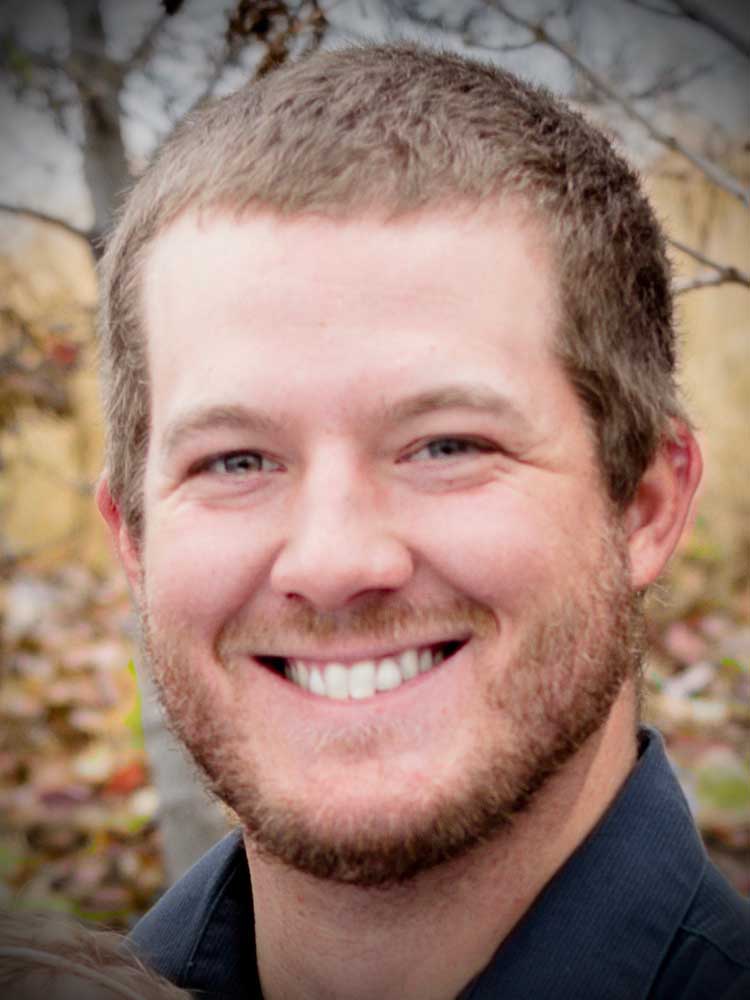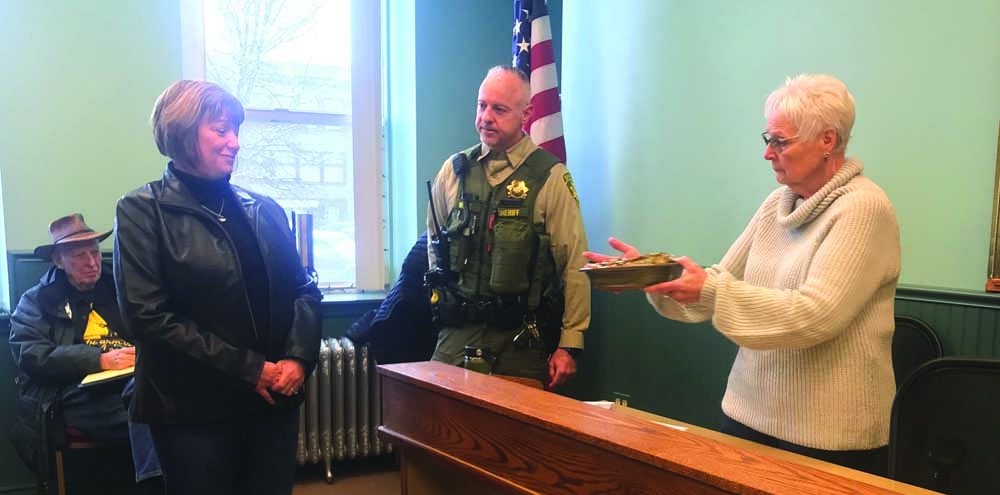On Liberty: ‘Ask not what your country can do for you’
Published 6:00 am Wednesday, March 3, 2021

- Patton
President John F. Kennedy’s weighty exhortation is a vignette of the heart of American values. With the possibility of global nuclear war looming, Kennedy, in his inaugural address, encouraged all Americans to embrace their obligation to serve their fellow countrymen by answering the “call to bear the burden of a long twilight struggle, year in and year out, ‘rejoicing in hope, patient in tribulation’ — a struggle against the common enemies of man: tyranny, poverty, disease, and war itself.”
Indeed we have many proud moments of solidarity in our country’s history that have served to ensure our freedom and liberty. Our nation’s Founders and many great American (and non-American) leaders have fought valiantly to defend against the rise of limitless power both at home and abroad. We hold this truth to be self-evident: that tyranny is evil in nature and in practice.
While they are a rallying cry for good, Kennedy’s famous lines have also been manipulated over the past 60 years by progressives who weaponized them in an attempt to brow-beat their fellow Americans into submission to the party line for the sake of “duty.”
It becomes increasingly disheartening to watch our citizenry grow in its cavalier (or even sinister) attitude toward basic principles like “liberty and justice for all.” We were meant to be, as Kennedy reminded us, a nation of men and women who pursue goodness for the sake of goodness itself, willing to “pay any price, bear any burden,” and “oppose any foe to assure the survival and the success of liberty.”
The indifference to our duty to protect liberty and pursue truth is evidenced by the widespread idolization of creature comforts and the neglect of civic duty. We’ve become entitled and dismissive of our nations values and the hard-fought battles necessary to realize them.
The problem of laxity is not the most imminent threat to liberty, however. The greatest affront to liberty in our nation is characterized by the megalomania that has gripped our politicians and those within the progressive left. Politicians and laypeople alike have grown more vocal about their obsession with power; they hold to Marxist ideology and work fervently to strip people of their individual rights through legislation, the judicial system, social blacklisting and “cancel culture.” These people will stop at nothing to obtain and exercise power over those whom they consider obstacles.
The worst part is that many of us believe that the leaders we elect will be able to cure our societal woes. Again, Kennedy reminds us that victory over these “common enemies of man” will not be achieved within “the first one hundred days … nor the life of this administration … nor even perhaps in our lifetime on this planet.” Kennedy was humble enough to admit that he did not singularly hold the key to unlocking a decisive victory over evil in the world; yet today it seems to be commonplace to look to the federal government and the office of president as our personal and national saviors.
Have we forgotten the hundreds of thousands of American citizens sent to internment camps under Democrat President Franklin D. Roosevelt? Do we remember Kennedy’s own Bay of Pigs fiasco and failure to subdue the Communist forces in Vietnam? What about our decades-long “war on drugs”? While it is true that the federal government does play an important role in protecting the rights of its citizens, its main focus has never been — nor should it be — to solve the problems that face humanity. The responsibility lies with us.
Government will fail us, and, as the maxim goes: “the bigger they are, the harder they fall.” To believe in an infallible government is simply delusional. Our congressmen and congresswomen, senators, Supreme Court justices, and the president himself are, after all, only human. Moreover, those who think having the “correct” people in positions of authority will lead to a more just, equitable society need only look within themselves and ask how they, on a personal level, are contributing to such a cause. Do you seek to do justice, love mercy, and protect the rights of your neighbor, or is this something you’re all too happy to pass up the chain to those with more power to effect “real” change?
What will you think when your beloved politicians, the saviors of our day, fall short? Worse, what if they succeed in their stated goals and, by obtaining the support of their constituents, legislate unto themselves unlimited authority and power to oppress dissenting voices like we’ve seen repeated by totalitarian regimes since the dawn of civilization?
The desire for power and godlike status is built within the human soul; only by self- denial and the acceptance of duty to a cause outside of ourselves do we find true freedom.





